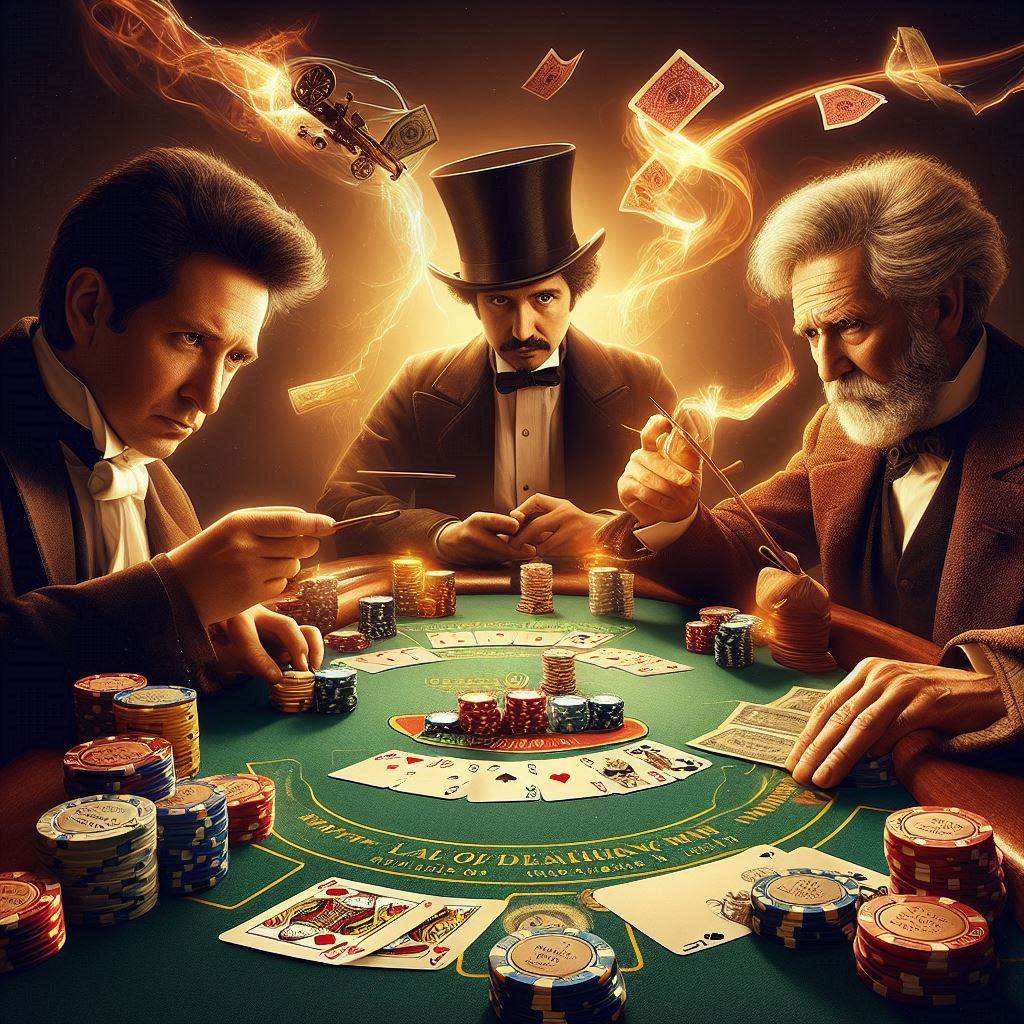Casino poker, a game entrenched in both popular culture and serious gambling circuits, thrives on the delicate balance between luck and skill. This balance is a constant topic of debate among enthusiasts and skeptics alike. How much does luck contribute to success in poker? Can skill consistently overcome the random nature of the game? This article delves into these questions, offering insight into the dynamic interplay of luck and skill in casino poker.
Defining Luck and Skill in Poker
In poker, luck refers to the randomness inherently present in the distribution of cards. Each shuffle and deal introduces an element of chance that no player can control. This aspect of poker ensures that even the most inexperienced player can win hands against seasoned professionals if the cards fall favorably.
Conversely, skill in poker encompasses a range of competencies including mathematical understanding, psychological insight, strategic foresight, and risk management. Skilled players excel in calculating odds, reading other players’ behaviors, bluffing effectively, and making strategic decisions that maximize their chances of winning over the long term.
The Short-Term Impact of Luck
In the short run, luck can dominate a single game or session. A novice may win a large pot with a lucky draw, or an experienced player might lose despite making all the right moves, simply because the cards didn’t turn out in their favor. This variability is what makes poker intriguing and what keeps players coming back. The allure of potentially winning big, regardless of skill level, makes poker universally appealing and ensures that tables are always full.
The Long-Term Influence of Skill
While luck plays a significant role in any given hand, skill is the predominant factor over the long term. Professional poker players thrive by consistently making mathematically superior decisions. They study the tendencies of their opponents, adapt their strategies based on situational awareness, and manage their bankrolls judiciously to mitigate losses and maximize winnings.
Skill in poker also involves the psychological element of manipulating other players’ perceptions and decisions. Professionals are adept at reading “tells” — subtle physical or behavioral signs that give away a player’s feelings about their hand — and can bluff or fold accordingly. Furthermore, understanding the psychological makeup of opponents enables skilled players to induce errors or exploit weaknesses strategically.
Statistical Evidence of Skill Over Luck
Studies and analyses often use statistical models to quantify the role of skill in poker. One compelling indication of skill’s prominence is the consistent success of certain players over many tournaments and games. While anyone can win an individual tournament by chance, consistently reaching final tables or claiming top prizes indicates a mastery of skill that overcomes the randomness of card distribution.
Moreover, the legal status of poker often hinges on this debate. Several court cases have examined whether poker should be classified as a game of skill or luck, with significant implications for legal and regulatory purposes. In many jurisdictions, the recognition of poker as a game of skill has led to its acceptance and regulation as a legitimate competitive activity.
Conclusion
The debate between luck and skill in poker is nuanced. Although luck plays a non-trivial role, especially in the short term, skill is the decisive factor that distinguishes long-term winners from losers. The strategic depth, psychological complexity, and mathematical underpinnings of poker underscore its classification as a game of skill. For players committed to learning and improving, poker offers not just a test of their luck, but a profound challenge to their intellectual and emotional capabilities, making each hand a rich blend of chance and strategy.


